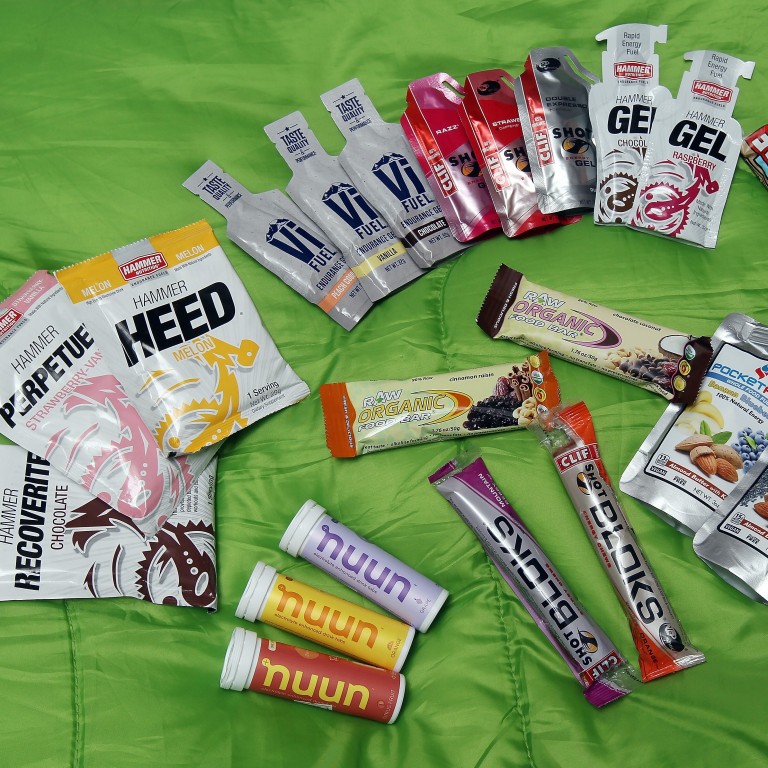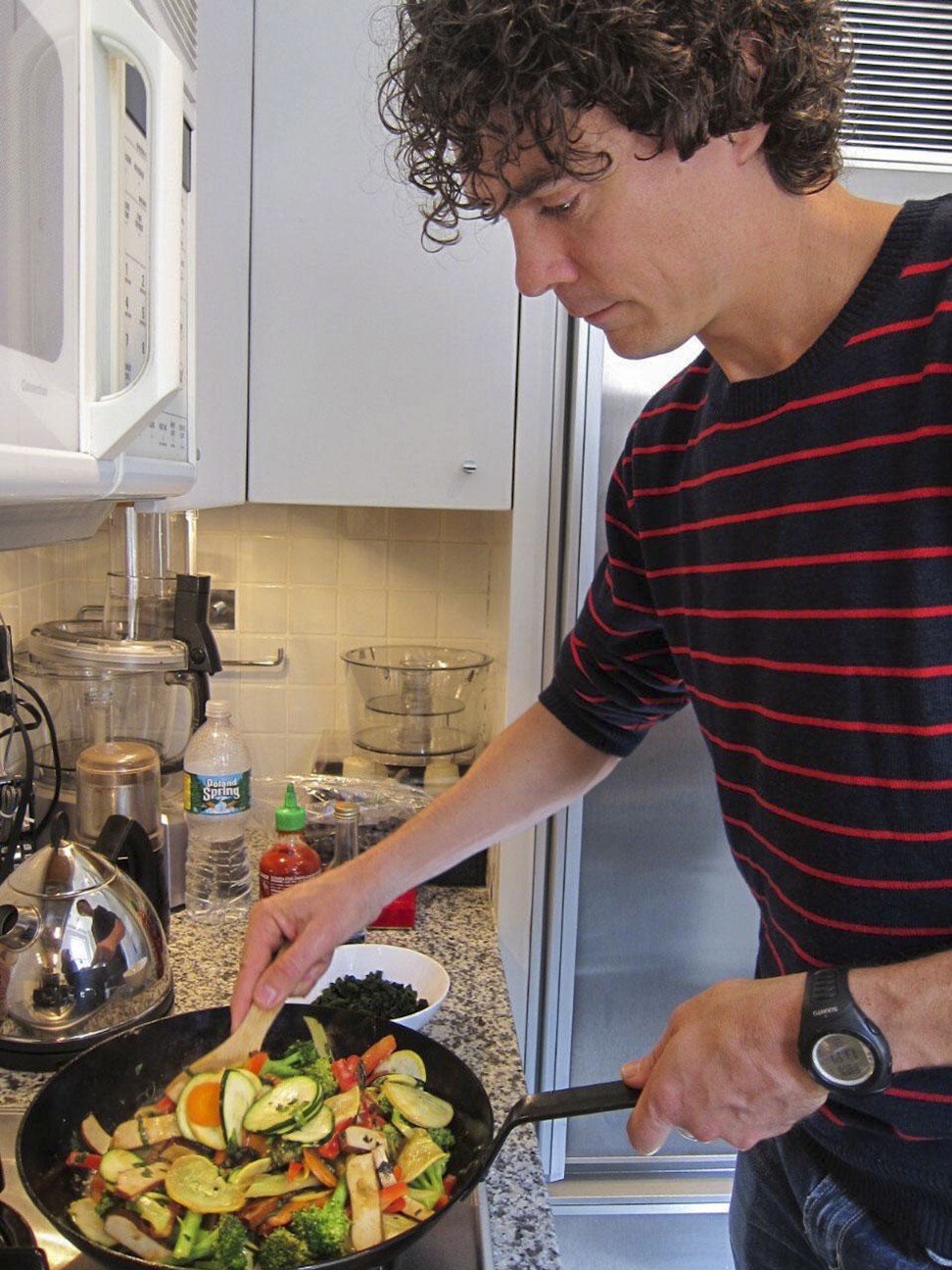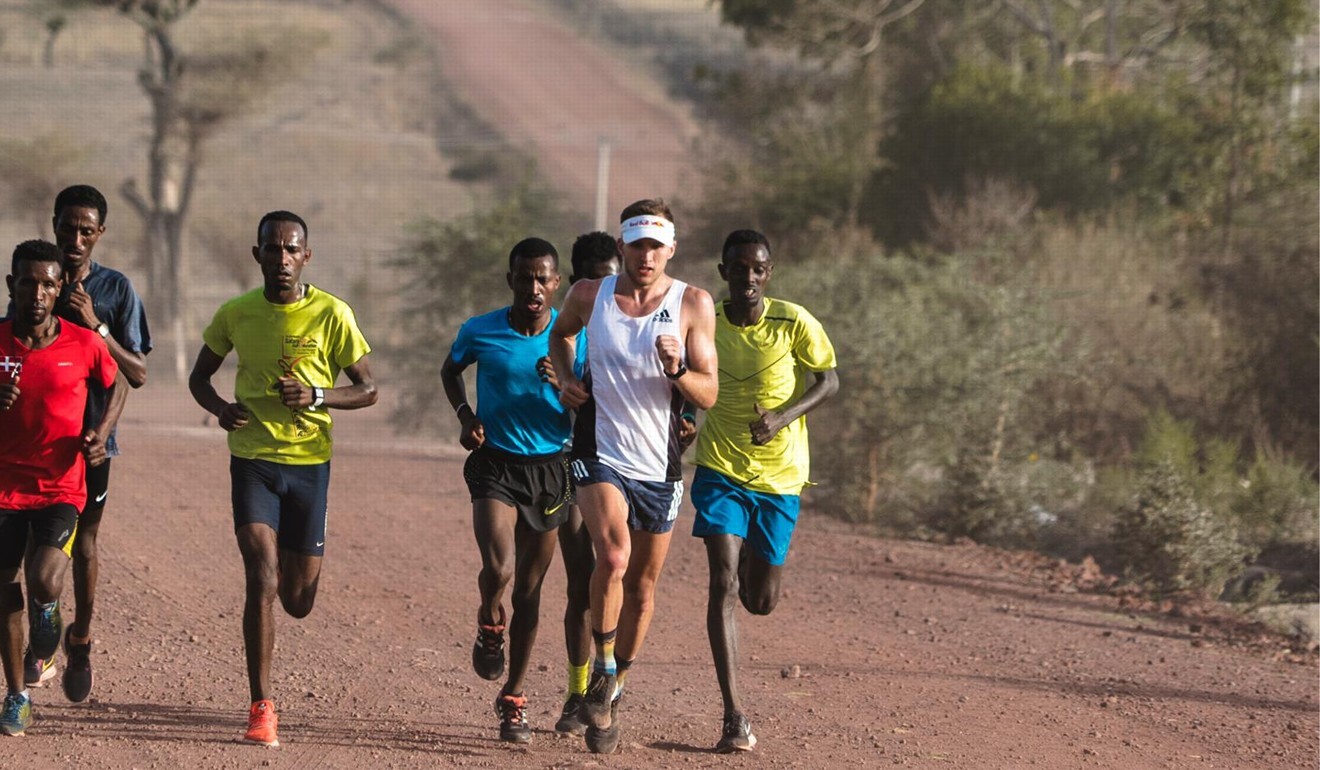
Eating during trail and ultra running: how to know what fuel you need to complete your race
- Not enough? Too much? The wrong stuff? An upset stomach? Bringing the right fuel on your next trail race could make all the difference
- There is no one-size-fits-all solution, but there are processes to ensure your size fits you
Getting the right nutrition can be an essential part of your performance when trail or ultra running.
An ultra marathon can go on so long that it can be necessary to eat regularly. There is no one-size-fits-all solution to eating, but there are important steps to make sure your fuel is right for you.
Trial and error
There are countless brands and types of foods for runners out there – gels, powders, bars, drinks, tablets. The only way to know what is right for you is to test it during training.
Absolutely do not try something new on race day – if you get an upset stomach it can ruin your months of training. Just because you like something does not mean your body will react well when you eat it 20 kilometres into a race.

The same goes for the amount of food. Some websites profess that you have to eat every 45 minutes. Others say if you are hungry it’s too late, so you have to eat regularly to stay full. Others say that we should eat when we are hungry, that our bodies have evolved over millions of years to tell us when we are hungry or thirsty, and we should trust the warning signs and not assume we know better by stuffing our faces.
The truth is, only you know what works for you. And only you’ll know by practising with different foods and different methods.
You will probably get it wrong at least once or twice, and have a horrid run where you feel sick and cannot keep anything down.
Are carbs the best fuel for high altitude running?
Planning for checkpoints
Trail and ultra races have checkpoints that have food and drink stocked – so make sure you know where they are.
You should research what food and drink will be at which stations so you can prepare. The food is often listed on the race website, but if not, you can reach out to other runners via the many Facebook groups like Trail and Ultra Running. You might find someone who has run the event before and is able to share information.
Knowing what food is available can help you prepare because you will know how much to bring. If they stock plenty of what you need, you will have to carry less. Or, if they have none of you preferred food, you will have to carry more. Not all checkpoints stock food – sometimes they are just distant outposts to help you know you are on the right track. So it’s worth planning ahead because you may need to carry more food for that stretch.

Diets
You may wish to try a diet full time that is suitable for your race and your life. Again, there is no one size fits all but different athletes swear by different meals.
Zach Bitter, former record holder over 100 miles, relies on a keto diet. That mean he eats little or no carbohydrates. The logic is that carbs are good for intense exercise but fat is better for the low intensity of long distances. So, by restricting his carb intake his body becomes better at using his fat supplies to fuel him.
Jurek, as mentioned, swears by the high nutrition value of a vegan diet. The high vegetable intake helps reduce the swelling in a runner’s joints.
There is logic to all of these diets. Work out which is best for you with research, seeking advice from people already on the diet or nutritionists, and some trial and error.

